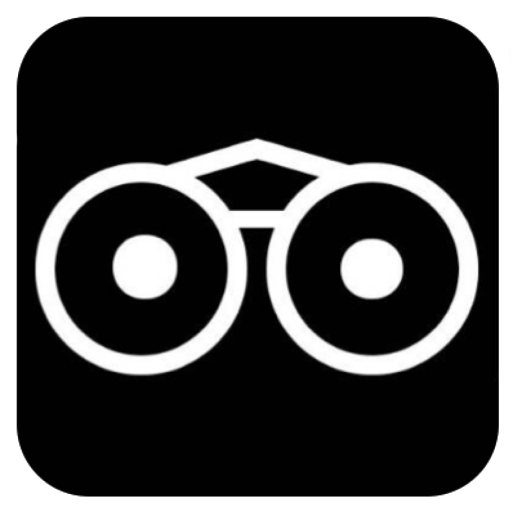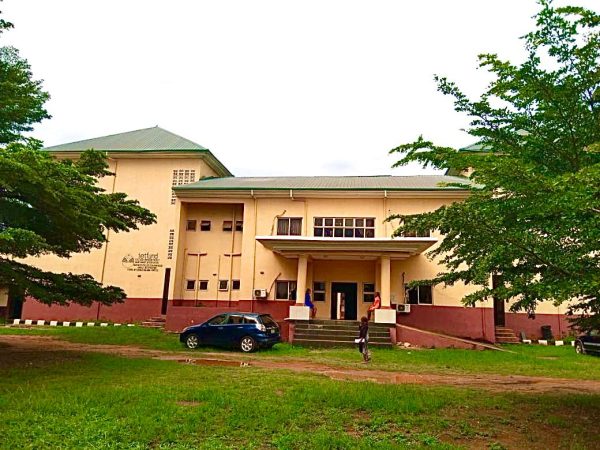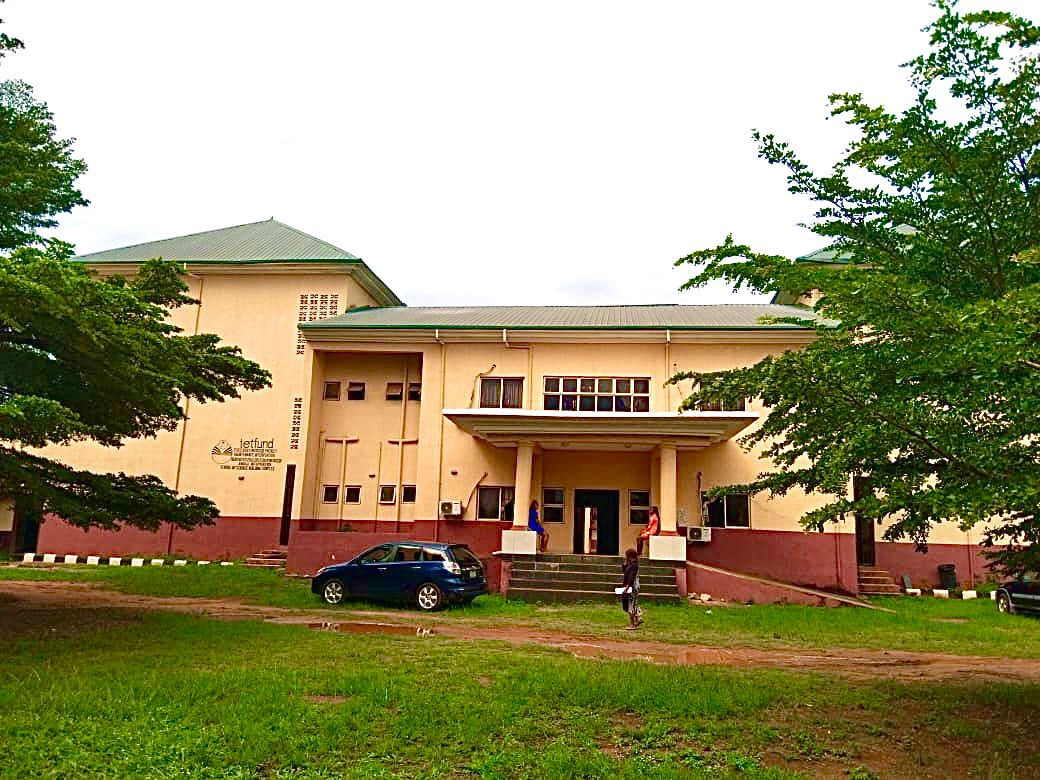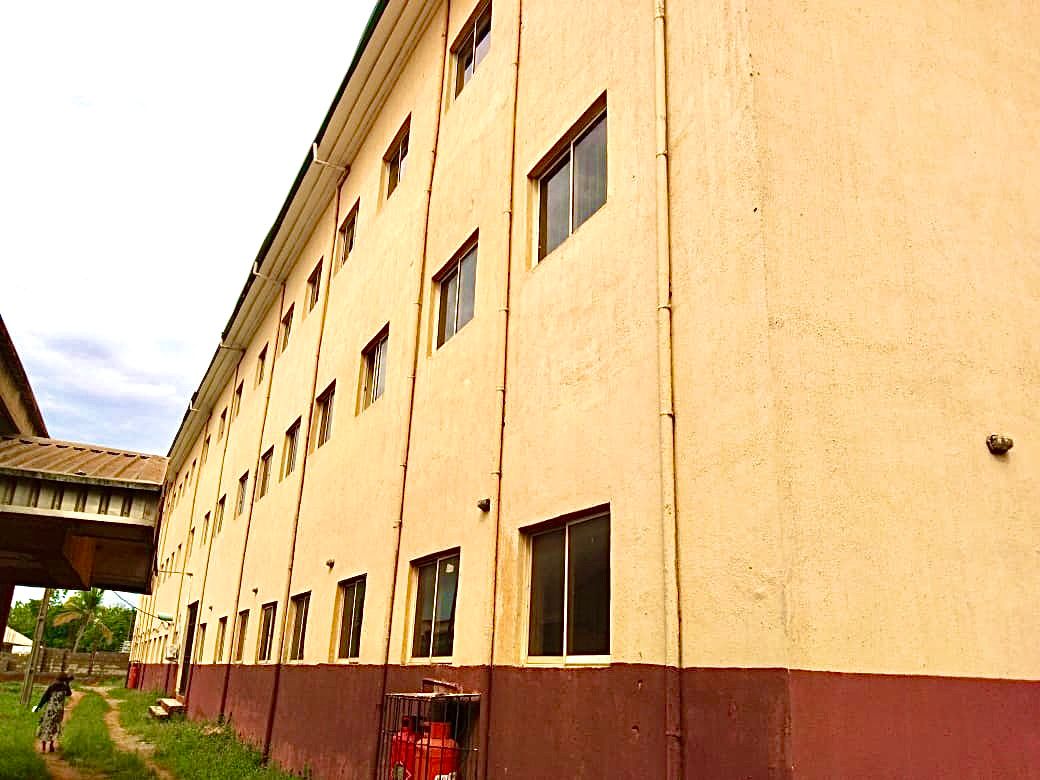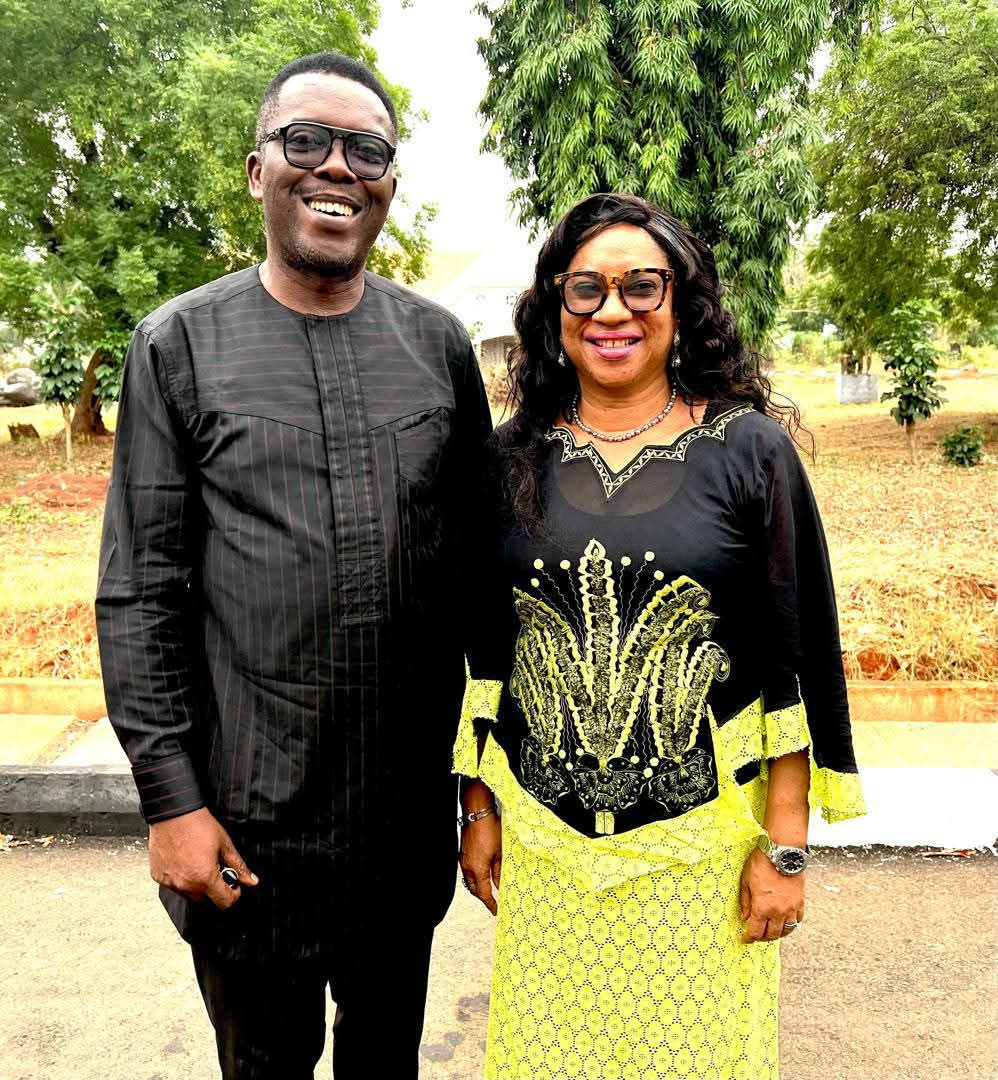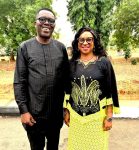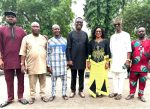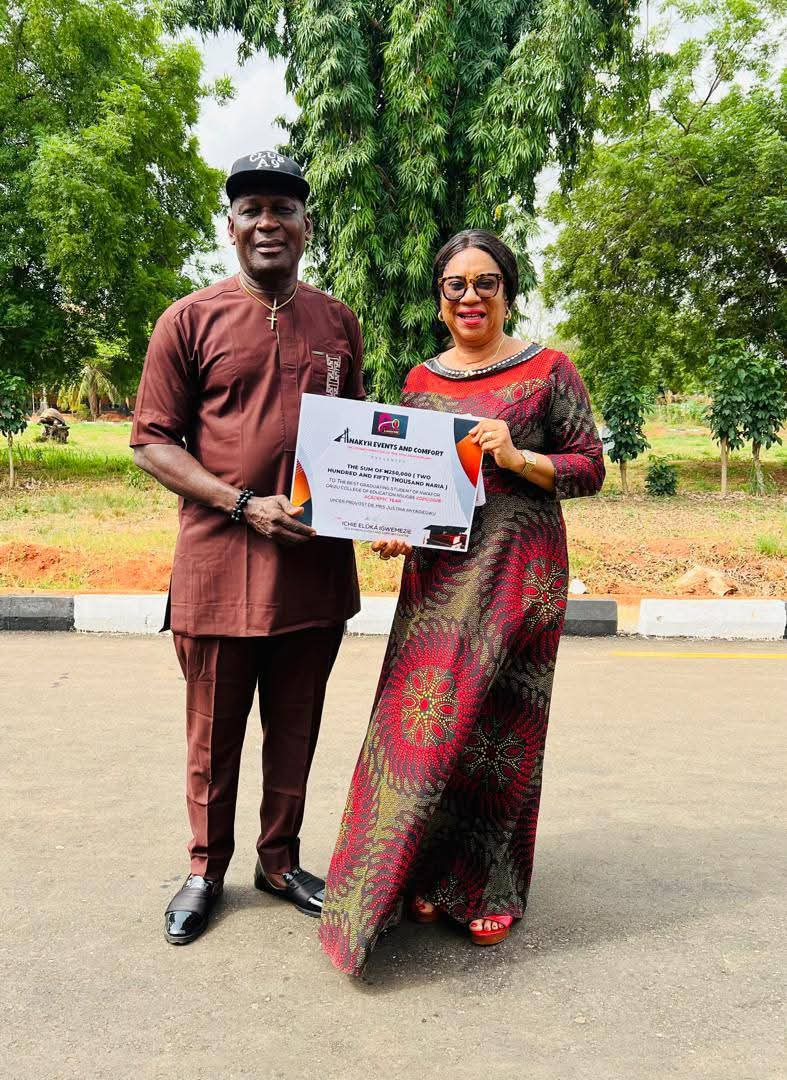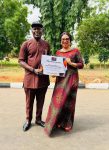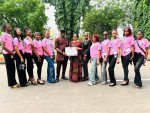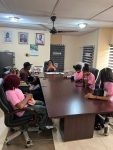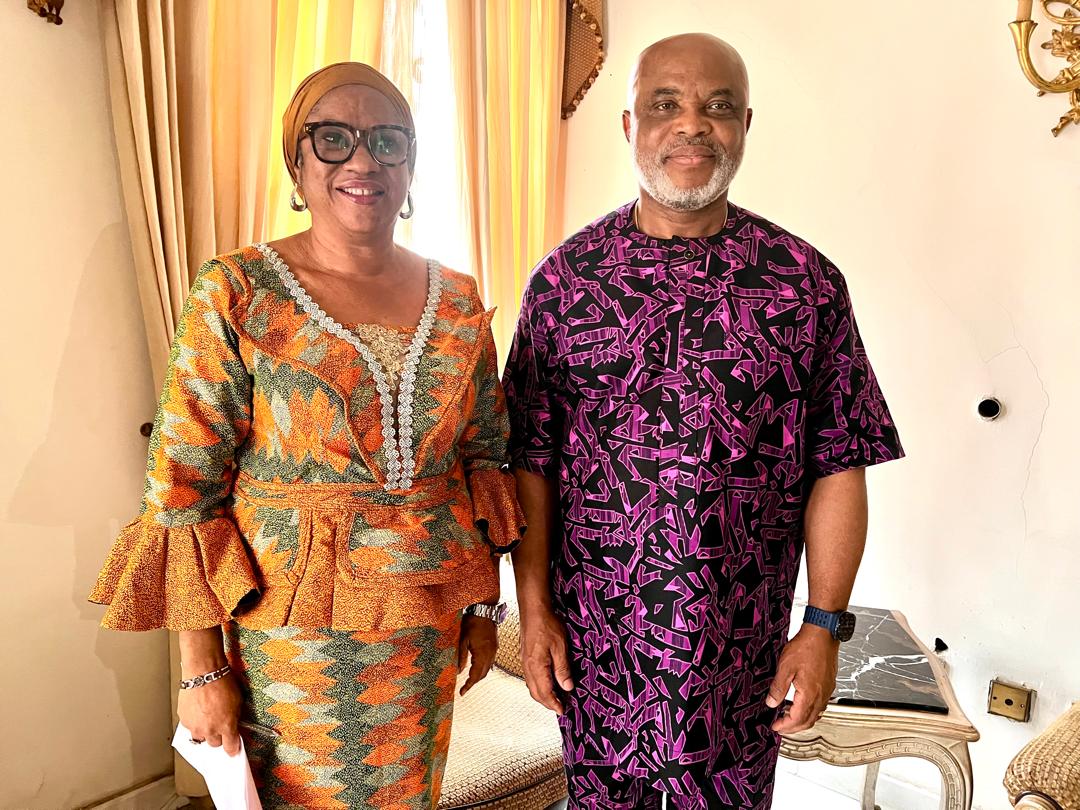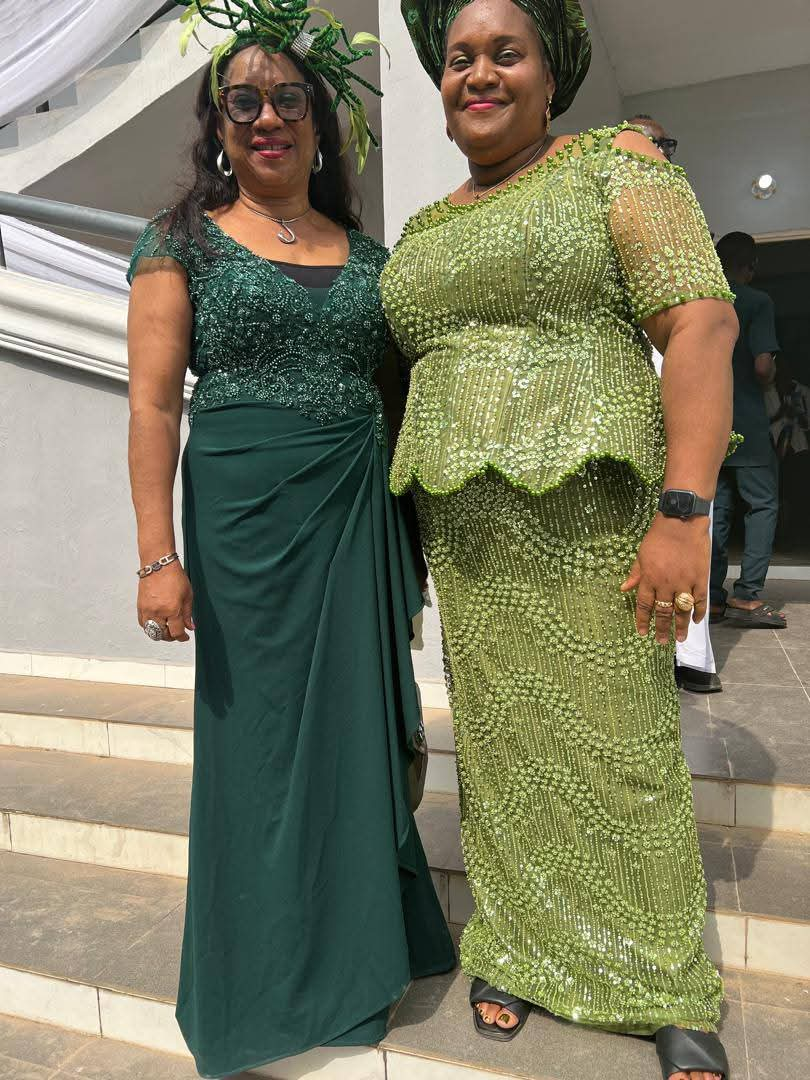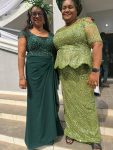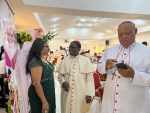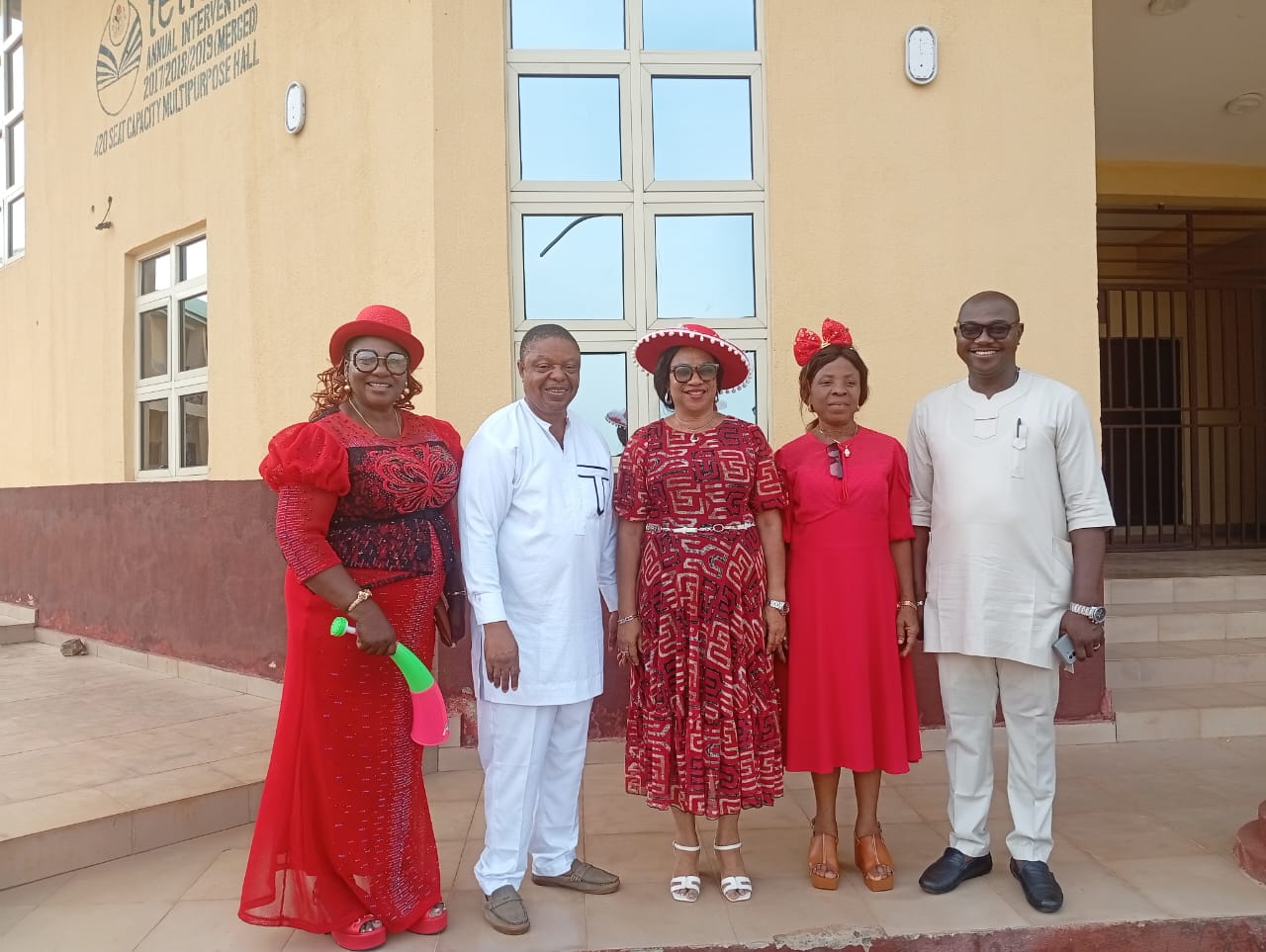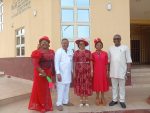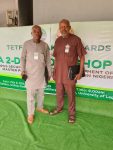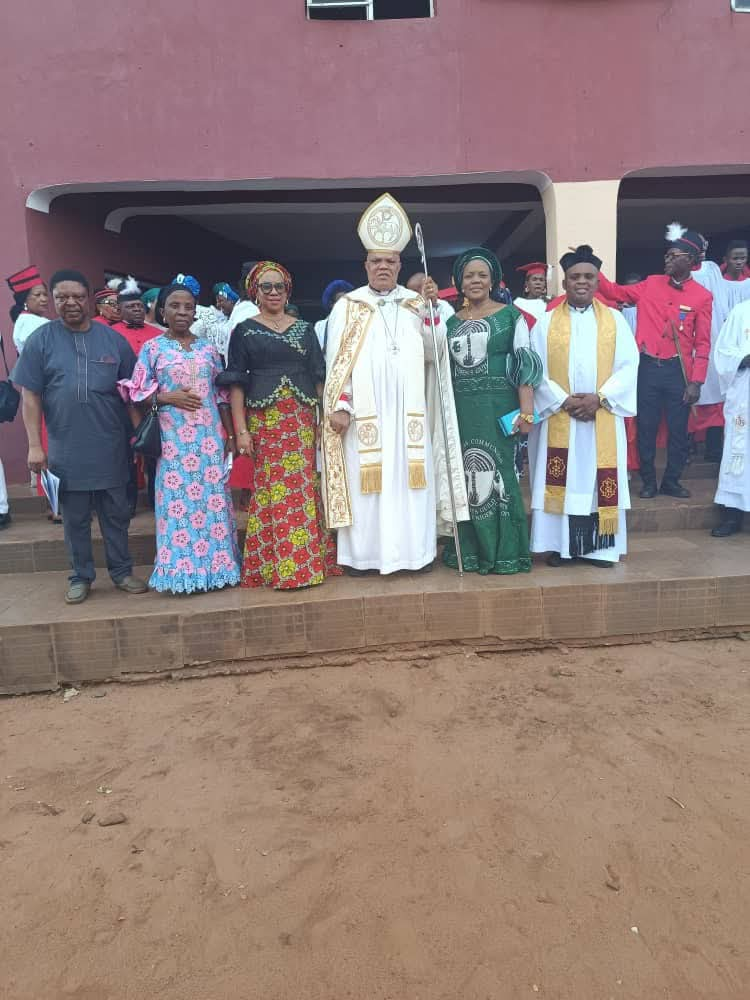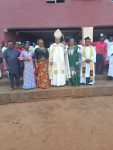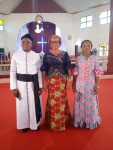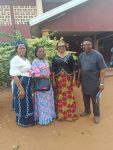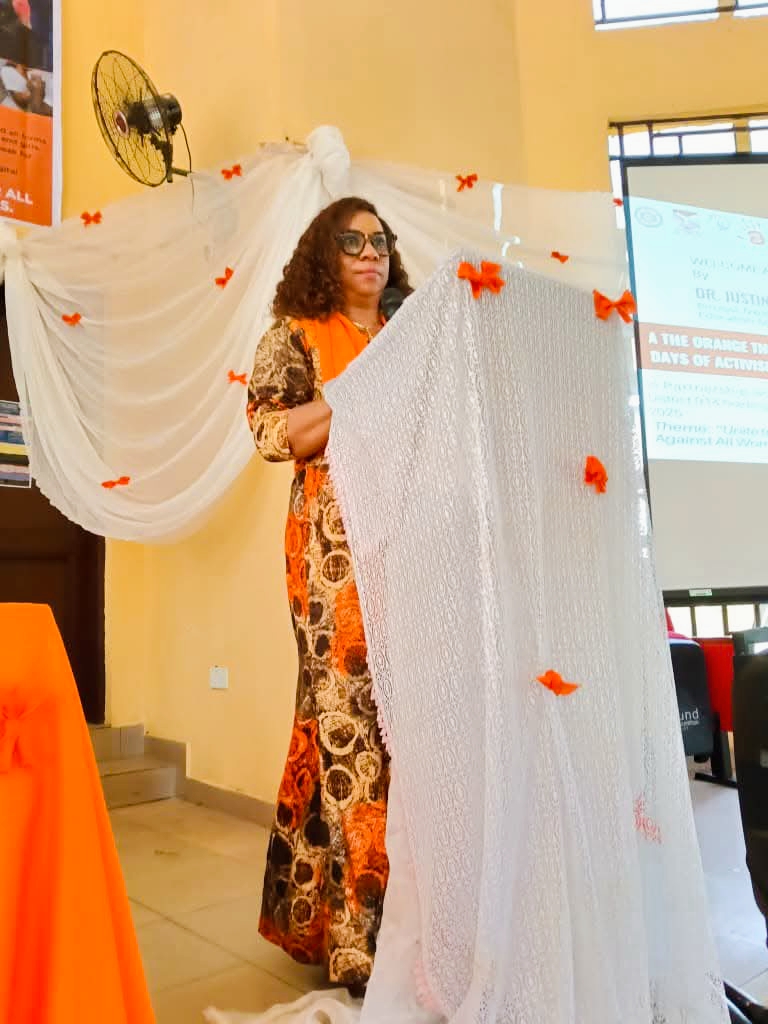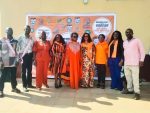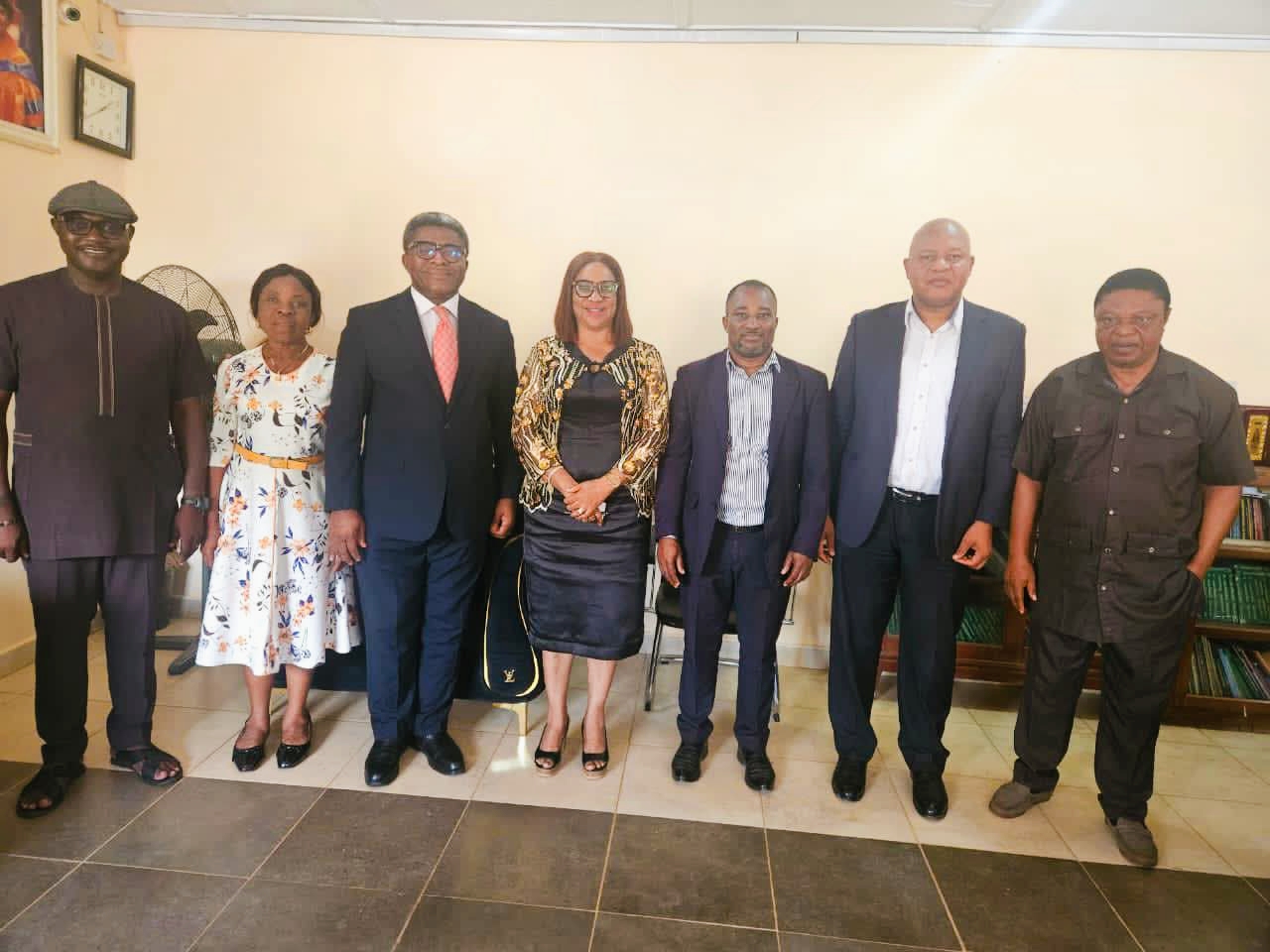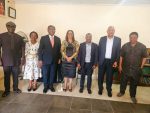Hi 👋 , welcome to;
SCHOOL OF SCIENCE BUILDING COMPLEX – NOCEN, NSUGBE
The School of Science Building Complex at Nwafor Orizu College of Education, Nsugbe (NOCEN), stands as a key academic hub for training future science educators. This well-equipped complex houses departments such as Biology Education, Physics Education, Chemistry Education, Integrated Science, and Mathematics Education. It is specifically designed to blend rigorous theoretical instruction with practical, hands-on experience in the sciences.
Structure and Purpose
The complex features:
– Modern laboratories for each core science discipline.
– Spacious lecture halls and demonstration rooms.
– Staff and faculty offices for consultations and academic support.
– Resource rooms for science teaching aids and educational tools.
It serves the purpose of nurturing well-rounded science educators who are knowledgeable, skilled in scientific methods, and equipped to teach at various levels of the education system.
Overall Role in Education
The School of Science Building Complex plays a critical role in the development of future science teachers who will promote scientific thinking, innovation, and education at the basic and secondary school levels. Its facilities and programs emphasize not just content mastery, but also the ability to communicate and teach science effectively.
BUILT BY
Sponsored Tetfund
Year 2012/2013/2024
Department of Biology
General office Biology department
HOD’S Office
Biology Laboratory
Biology class room1and 2
Biology library
*Chemistry Department*
General Office Chemistry Department
HOD’S Office Chemistry
Chemistry Laboratory
Chemistry class room
Chemistry library
*DEPARTMENT OF PHYSICS*
HOD’S Office Physics
General Physics Laboratory
Physics Laboratory
Physics class room 1 and 2
Physics library
HOD’S Office mathematics
Mathematics laboratory
Mathematics workshop
Mathematics class room 1 and 2
Mathematics Library
HOD’S Office Health Education
Health Education Laboratory
Human Kinetic health Education
EXERCISE PHYSIOLOGY LABORATORY
DEAN’S OFFICE SCHOOL OF SCIENCE
HOD’S Office Department of Integrated science
General office department of Integrated science
What Students Can Do Here:
1. Attend Core and Elective Science Lectures
Students take part in structured classroom learning across science disciplines, which builds their foundation in:
– Scientific theories and principles.
– Curriculum development for science education.
– Teaching methods specific to science subjects.
2. Participate in Laboratory Sessions
Practical science is a core component of training. Students engage in:
– Chemical experiments, biological dissections, and physics demonstrations.
– Hands-on experiments that reinforce theoretical concepts.
– Fieldwork activities, such as environmental sampling or plant identification.
3. Prepare Teaching Aids and Models
To support their teaching practice, students create:
– Science models (e.g., plant cells, human organs, electric circuits).
– Charts, diagrams, and other instructional materials.
These are used during micro-teaching or demonstration lessons.
4. Write Lab Reports and Get Feedback
After experiments, students:
– Document findings through detailed lab reports.
– Receive feedback from lecturers, helping them improve scientific reporting and analytical skills.
5. Access Science Libraries and Journals
The complex offers:
– Departmental libraries and study rooms.
– Access to scientific journals, textbooks, and past projects for in-depth research and academic writing.
6. Defend Academic Projects
Final-year students complete a research project under faculty supervision and are required to:
– Defend their findings before departmental panels.
– Demonstrate understanding of scientific inquiry and methodology.
7. Meet with Faculty for Mentorship
Students have regular access to lecturers for:
– Academic supervision, career guidance, and research mentoring.
– Help with challenges in coursework or teaching practice preparation.
8. Join Science-Based Student Associations
Active student life in the complex includes:
– Science clubs and academic associations.
– Organizing science fairs, quiz competitions, and departmental seminars.
 Page Looksograph
Page Looksograph
Want a page like this? Click the black button below & let the Vicilook Team help you set it up in minutes.

